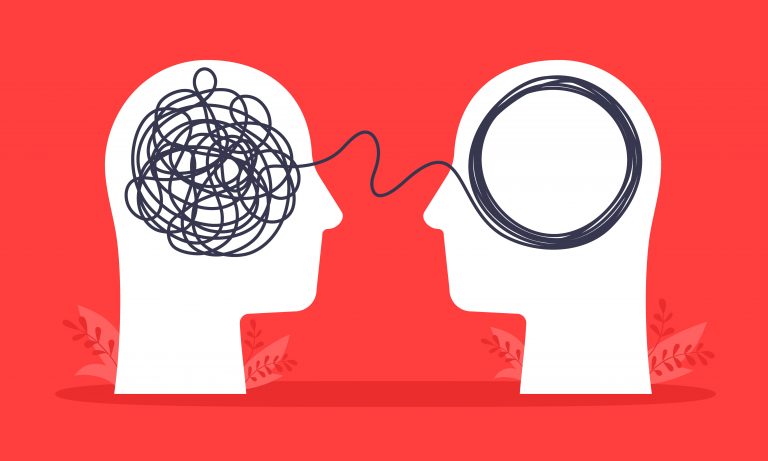Should a pharmaceutical product cause injury to someone, it is imperative to determine whether they have legal foundation for a lawsuit against the pertinent producer. First stage in obtaining justice is usually deciding if someone has a viable case; complex drug injury cases may make this challenging. See a professional to help you negotiate this operation, such a Drug Injury Attorney in New Jersey. Covering common symptoms and pertinent factors, this article will provide a complete guide to help readers decide whether they have a prospective drug harm situation.
Understanding Your Case
A drug injury case is one when a prescription or over-the-counter medication causes individual damage. Pharmaceutical companies are expecting of safe, efficient drugs that are suitably reviewed and labeled. However, these companies may be liable for the injuries their products cause when they ignore their obligations—by means of inadequate testing, false advertising, or unwillingness to warn of probable hazards.
Physical, psychological, or both; drug damage can cause mild side effects to life-threatening reactions. Although many times victims of drug injuries are not aware of their legal possibilities, it is nevertheless important for them to know the criteria for submitting a claim.
Examine Potential Side Effects
Knowing what constitutes a possible drug harm helps one to realize whether they might have one. Although not all side effects of medications lead to a legal claim, adverse effects from drugs are somewhat common. The fundamental difference is if the side effects resulted from mistakes or negligence of the pharmaceutical company. Typical signs of a drug danger might be unexplainable physical reactions including rashes, dizziness, nausea, headaches, or weird weariness; serious medical diseases such heart attacks, strokes, liver damage, or renal failure emerge following prescription use.
Allergies not properly advised against or revealed to the customer; side effects too strong or prolonged that linger even after the treatment is stopped If someone suspects their health problems relate to a medication they have taken to confirm if the drug could be the cause, see a healthcare professional immediately.
Analyzing the Purpose of Negligence
Usually, a strong drug injury lawsuit calls for evidence of pharmaceutical company carelessness or malfeasance. Many factors could result in neglect, including:
- There could be grounds for a lawsuit should a pharmaceutical company rush the approval of a medication or forget to undertake suitable clinical research resulting in unexpected injury.
- Should a company fail to provide adequate warnings on the label of the drug regarding probable side effects, especially those severe and harmful, injured parties may have a cause for liability.
- Should the drug be intrinsically dangerous due of design or if a manufacturing fault exists, this could lead to a claim for a defective product.
- One could think of carelessness, for example, if someone finds out the manufacturer knew of a probable risk but omitted to report a serious allergic response they suffered from after receiving a prescription.
Gather Information
If one wishes for a robust drug damage claim, one must gather as much evidence as feasible. Medical documents documenting the injuries acquired could include:
- Prescription data indicating that the damage resulted from using a particular drug.
- Testimonials from professionals in the field confirming the linked damage caused by the drug
- Studies or reports showing the medicine in issue has been connected to similar harm in other people
Building a compelling case depends especially on persons who believe a medication has caused injuries keeping thorough records of their experiences, including when symptoms started and how long they continued.
Consult a Drug Injury Attorney
See an experienced Drug Injury Attorney in New Jersey if one feels they have suffered a drug injury from a prescription medicine. An attorney will help negotiate the legal complexity of drug injury cases and have the knowledge to decide whether there are enough basis for a claim.
A qualified lawyer can help with evidence collection, liaising with medical professionals, and, should needed, individual representation in court or negotiations. Significantly, many drug injury lawyers operate on a contingency fee basis, therefore consumers might not have to pay upfront legal fees until they win their case.
To sum it all up, knowing whether someone has a drug injury case means knowing the link between the medicine and the damage done. Factors that can make a legal claim feasible are serious side effects, pharmaceutical industry negligence, and long-term repercussions from using a medicine. Those who have severe or recurring injuries especially should seek legal assistance right away.
Guest writer


























